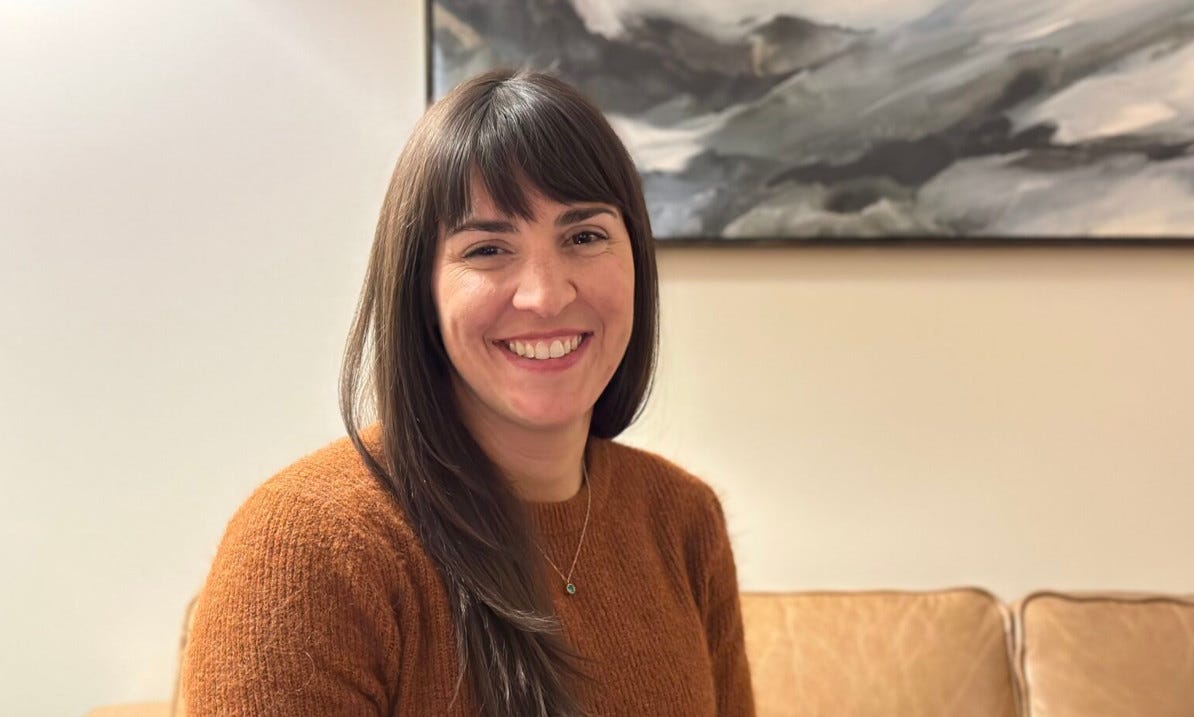Supreme Court agrees to decide legality of Colorado’s ban on ‘conversion therapy’
Christian counselor defends her approach, but state says studies show it harms
A professional mental-health counselor has persuaded the U.S. Supreme Court to hear her challenge against Colorado’s ban on so-called “conversion therapy,” the practice of attempting to change a client’s sexual orientation or gender identity. The counselor, Kaley Chiles, describes herself as a p…



